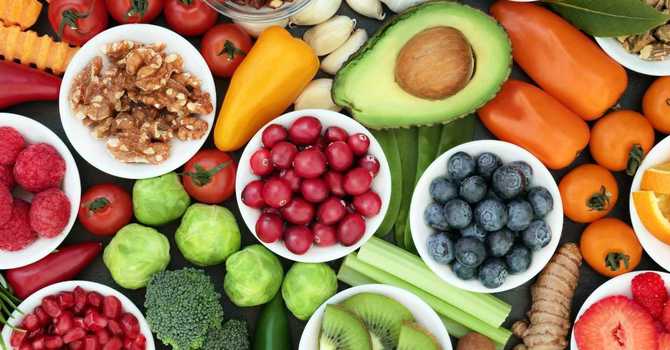Nutrition's Role in Mental Health: A Paradigm Shift
Chapter 9 begins with a look at our current dietary habits, highlighting how modern diets, often laden with processed foods and lacking in essential nutrients, significantly contribute to the rise in mental health disorders. The authors, Kaplan and Rucklidge, meticulously detail how specific micronutrients — vitamins, minerals, amino acids, and fatty acids — are fundamental to brain health. For example, omega-3 fatty acids, known for their anti-inflammatory properties, are emphasized for their crucial role in brain function and mood regulation.
Practical Advice for a Nutrient-Rich Diet
What sets Chapter 9 apart, you may ask? Its practical approach to incorporating food insights into daily life is its best feature. The authors argue for a diet that mirrors the general principles of the Mediterranean diet, rich in legumes, whole grains, fruits, and vegetables, as a cornerstone for mental wellness. They provide straightforward advice on preparing foods that maximize nutrient intake, such as the best ways to cook and incorporate legumes into meals, which are described as "economic powerhouses" of nutrition.
Delicious Recipes for Mental Health
To bridge the gap between theory and practice, Chapter 9 offers an array of recipes designed to enhance nutrient intake without sacrificing flavor. From the hearty "Beautiful Green Frittata" to the nurturing "Easy Leek and Pea Soup," each recipe is crafted with the dual goal of nourishing the brain and delighting the palate. These recipes are more than just meals; they are a testament to the authors' belief that a diet conducive to mental health can also be joyful and satisfying.
Empowerment Through Nutritional Knowledge
Perhaps the most profound message of Chapter 9 is the empowerment that comes from understanding the link between diet and mental health. The authors equip readers with the knowledge to make informed decisions about their diets, encouraging a proactive approach to mental wellness. This chapter is not just about food; it's about reclaiming control over one's mental health through thoughtful, nutrient-rich dietary choices.
A Call to Action for a Healthier Future
Chapter 9 of "The Better Brain" is a clarion call to individuals and society at large to recognize and act upon the critical role of nutrition in mental health. By combining rigorous scientific research with accessible, practical advice, Kaplan and Rucklidge have crafted a chapter that is both enlightening and actionable. It is a vital read for anyone looking to enhance their mental well-being through dietary choices, offering a path to a healthier mind and, ultimately, a healthier life.
Action: Visit https://eckertcentre.com/pages/revive-wellness-services to learn more about our partnership with Revive Wellness (Registered Dietician services) and book your free discovery call to see how they can help your family improve mental health through food.
Madison is a Psychology Assistant; Digital Marketing Assistant at Eckert Centre. She's currently deepening her understanding of psychology at the University of British Columbia. Madison brings her passion for mental health to our community through her writing. As our blogger in residence, her contributions offer a fresh perspective and shed light on the importance of mental wellbeing. We are grateful for her eloquent words and the insights she shares on her journey towards cultivating a "Wise Self." For more insights, information, or to book an appointment, please visit www.eckertcentre.com and click the appointment button or reach out to our team at info@eckertpsychology.com.
Works Cited
Kaplan, Bonnie J., and Julia J. Rucklidge. The Better Brain: Overcome Anxiety, Combat Depression, and Reduce ADHD and Stress with Nutrition. Mariner Books, 2022.




